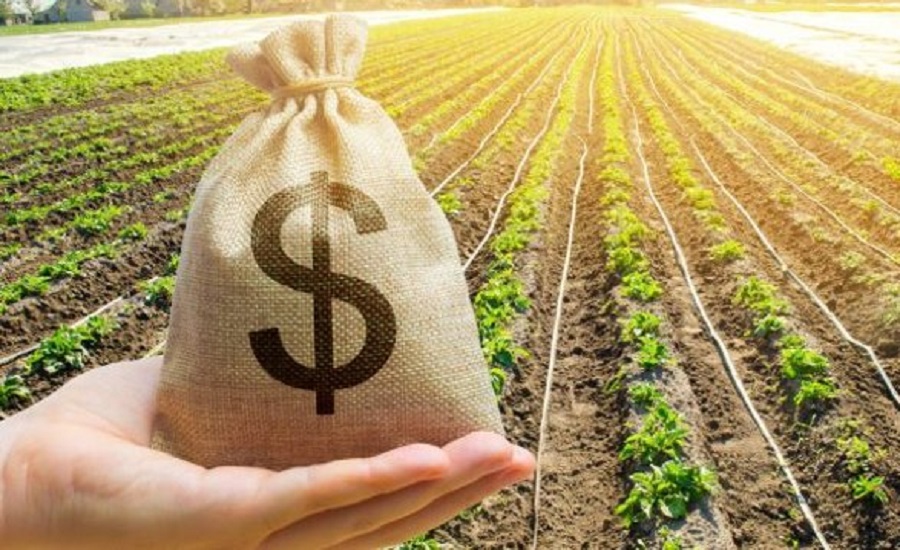RIO DE JANEIRO, BRAZIL – The trade balance of Brazilian agribusiness was positive in January this year, at US$7.7 billion. The sector’s exports grew 57.5% over the same month last year, with a US$8.8 billion result, while imports fell to US$1.1 billion, a 15.5% drop in the same comparison.
The data were released yesterday, February 14, by the Institute for Applied Economic Research (IPEA).

Analyzing the past 12 months, there was a 23.1% increase in agricultural exports and 16.7% in imports, which contributed to a US$108.5 million agribusiness trade balance in this period.
According to IPEA researchers in charge of the study Ana Cecília Kreter, Fábio Servo and Rafael Pastre, January is traditionally a month of fewer shipments for the sector.
However, the level reached in January 2022 exceeded not only the January 2021 performance, but was also 37.1% higher than January 2019, in the pre-pandemic period, when Brazil exported US$6.4 billion.
SOYBEAN COMPLEX
Of the US$3.2 billion more exported in January this year, soybean complex – which includes soybeans, soybean meal, and soybean oil – accounted for US$1.6 billion, up 5,223.9%, 44.7%, and 1,974% respectively in the exported values for these products, compared to 2021.
According to IPEA, the high percentages can be explained by the increase in the quantity exported: 4,853.6% for soybeans alone. The researchers also pointed out that the average price of soybeans has been on a growth path in the international market since last year.
Therefore, “as January is an off-season month for soybeans in Brazil, any increase in shipments has a stronger impact on value and volume growth,” the study reports.
China was the main destination of Brazilian soybeans. The Chinese market imported US$991.6 million from Brazil in January, due to insufficient domestic stocks to meet demand and the growth of Chinese livestock.
On the other hand, India, which until then had a marginal share in the purchase of soybean oil from Brazil, increased its shipments of the product, with imports of US$188.6 million in January 2022. By the same month in 2021, India had not imported this item.
Beef exports rose 46.2% in value and 25.7% in volume in January this year. Corn, which had its sales hindered by the break in the second crop harvest in 2021, began the year with a 45.6% increase in value and 16.5% in quantity.
Chicken meat also increased 42.8% in export value compared to January 2021. The world’s largest exporter of this protein, Brazil shipped US$181 million more in January this year, which also contributed to the good sector’s strong performance.
IMPORTS
Contrary to exports, the country imported US$202.2 million less than last year, corresponding to a 15.5% drop in the total agribusiness products purchased from abroad.
Of the 15 commodities (agricultural and mineral products traded abroad) monitored by IPEA researchers, 12 fell in quantity imported in January and 9 in value, compared to the same month last year.
Wheat continued to lead the list of imported products, with US$138.4 million, down 10.7%. However, the IPEA study indicates that the drop in the quantity of imported wheat (-22.1%) is a reflection of Brazil’s good harvest in 2021.
Just like the products on the export list, most imports showed an increase in average prices in January 2022 compared to 2021.
With the exception of coffee, sugar and cotton, the other export products monitored by IPEA posted growth in value and quantity compared to January last year.
Nevertheless, shipments in the coming months will depend on the current harvest. “The impacts of the La Niña climate phenomenon and the production of Brazil’s main competitor countries will also determine the performance of the agribusiness trade balance in 2022,” the IPEA researchers said.

